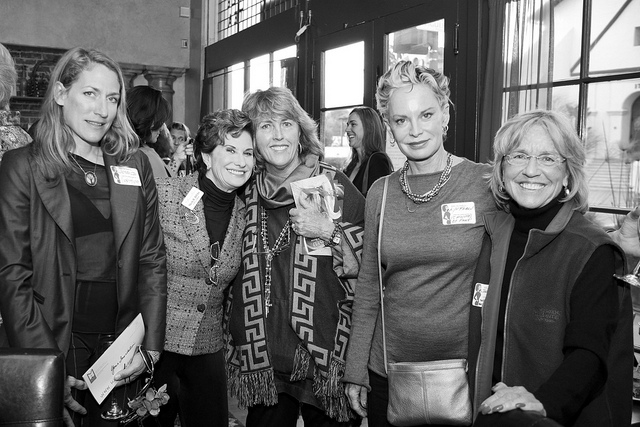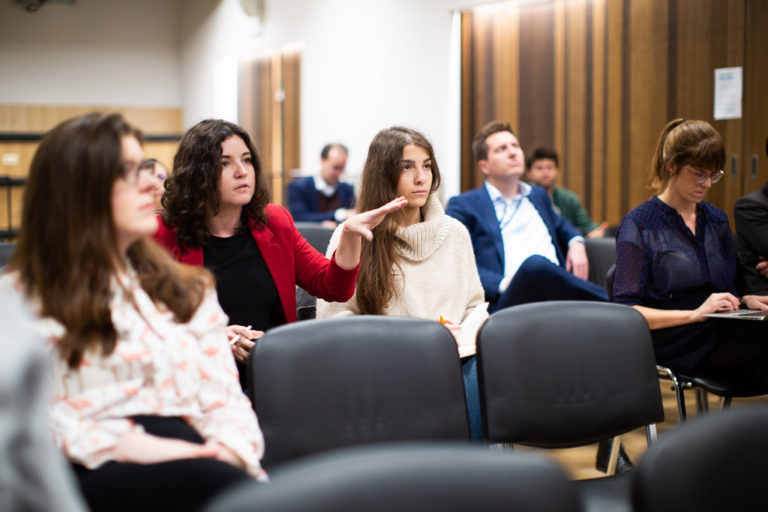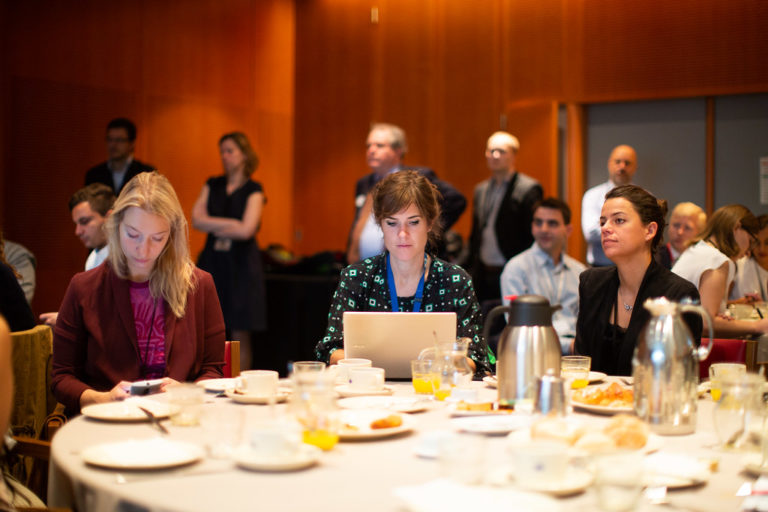No: your SLP private practice improvement project isn’t unique
The big picture:
In these uncertain times, speech pathology managers are under pressure to innovate. Most of us are doing our best to launch and deliver new projects under lots of constraints to:
- improve services and outcomes for clients;
- create safer and better workplaces for teams; and/or
- improve models and systems for financial performance so we can stay in business.
The problem:
Sitting inside a private practice, managers are at risk of thinking their projects are ‘one of a kind’. This is a form of uniqueness bias: the tendency of individuals to think they – and their projects – are more unusual than they actually are.
Why it matters:
Uniqueness bias is a big problem for speech pathology managers. It makes us prone to think, incorrectly, that we have little to learn about our special projects from:
- our team mates;
- other private practices;
- other members of the profession, including academics;
- professionals in other allied health fields, like occupational pathologists, physiotherapists and psychologists; and
- other professionals in ostensibly dissimilar fields, like lawyers or engineers.
Real-world costs:
Uniqueness bias leads managers to make poor decisions and to:
- underestimate risks;
- overestimate opportunities;
- reinvent wheels (making similar mistakes along the way); and
- overrun budgets.
Reality checks:
Nothing is new under the sun. Before launching into (what you think is) a unique project for your practice:
- ask your team if they have seen anything like it before;
- break down the project into components and check whether any parts of the project are comparable to what you and and your team have seen before;
- seek input from a business mentor or coach;
- speak with your professional networks (without revealing ‘trade secrets’ or other confidential information); and
- research what professionals and businesses have done to solve similar or analogous problems, and look at project and business management literature.
Read more:
Flyvbjerg, Budzier, Christodoulou and Zottoli. (2025) The Uniqueness Trap, Harvard Business Review, March-April.
Unsure about a project?
Book a free and confidential 30-minute Discovery Call with me today.







